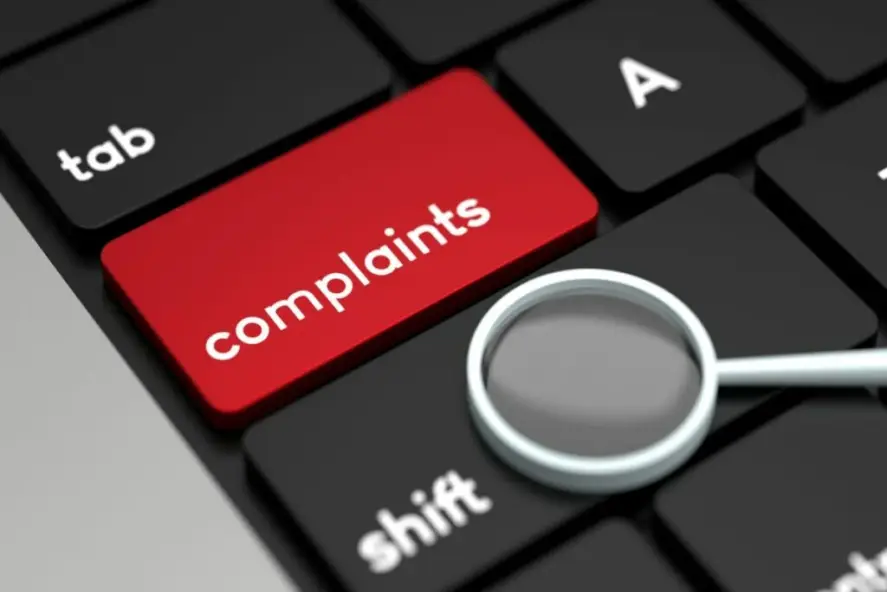The Texas Behavioral Executive Health Council (the Council) licenses and regulates certain types of behavioral health and social work professionals in Texas. This agency oversees individual licensing agencies for marriage and family therapists, professional counselors, psychologists, and social workers. As a result, complaints against these professionals and any ensuing disciplinary proceedings go through the Council and the appropriate licensing agencies. As the consequences of these proceedings can be severe, contacting an experienced Texas marriage and family therapist defense lawyer should be your first step if you receive notice of a complaint against you.
Jurisdiction of the Council
The Council licenses and monitors various mental health professionals, including different levels of marriage and family therapists, professional counselors, social workers, and psychologists. As a result, the Council has jurisdiction over certain complaints that a client, former client, or other third party makes against any of these licensed or certified professionals. Complaints within the Council’s jurisdiction must involve an alleged violation of the laws or rules that govern the licensee’s profession.
As indicated above, the Enforcement Division of the Council receives all complaints and reviews them for jurisdictional compliance. Jurisdictional complaints move on to the next stage of processing. However, the Council dismisses non-jurisdictional complaints and/or refers them to the appropriate agencies. The Council also notifies the complainant of the reason they cannot address the complaint. Examples of non-jurisdictional complaints include the following:
- The allegations in the complaint do not constitute a violation of a law or rule that the Council enforces;
- The Council does not license the individual who is the subject of the complaint; or
- The complaint concerns activities or services outside the Council’s jurisdiction.
Processing of Complaints
The Council prioritizes jurisdictional complaints in order of severity as they are received, as follows:
- Cases involving a probability of imminent harm to the public or a member of the public;
- Cases involving sexual misconduct;
- Cases involving applicants for licensure; and
- Cases involving all other violations of state and federal law.
Once the Council determines the appropriate priority of the case, the agency notifies the complaining party and the professional who is the subject of the complaint that it is opening a formal investigation. Furthermore, the Council provides the license holder with a copy of the complaint and requests a response to the allegations in the complaint within 30 days.
After completing its investigation, the Council determines whether it has probable cause to believe that the licensee has violated a law or rule within its jurisdiction. In other words, the Council decides if, based on the reasonably available and credible facts and circumstances, a reasonably prudent person would believe that the licensee violated a jurisdictional rule or law. If the Council fails to find probable cause, the complaint goes to the Executive Director of the Council, who notifies both parties of its dismissal.
When the Council Finds Probable Cause
If the Council finds probable cause, then the complaint moves to legal counsel for the Council to confirm the probable cause finding. Assuming that legal counsel agrees with the probable cause assessment that a violation occurred, the case is referred for an informal settlement conference (ISC). An ISC occurs with either agency staff or a Disciplinary Review Panel consisting of three board members from the licensing board division of the Council that oversees the professional who is the subject of the complaint. However, if the alleged violation involves the violation of a standard of care or scope of practice, thus necessitating expert testimony, the ISC must occur before a Disciplinary Review Panel.
Even before the ISC occurs, agency staff may send the licensee a settlement offer, often in the form of a proposed agreed order. If the licensee rejects the settlement proposal or requests an ISC, the Council will schedule an ISC, which allows both parties to the complaint to appear separately and present evidence. Both parties also may be represented by counsel at all stages of the proceedings.
After agency staff or the Disciplinary Review Panel, as applicable, hears evidence from both parties to the complaint, they will recommend an informal disposition. Common dispositions may include formal disciplinary action, dismissal of the complaint, or remand to agency staff for further investigation. If the recommendation is for disciplinary action, agency staff will forward a settlement offer to the licensee containing the recommended discipline.
If the license holder accepts the recommended disciplinary action, the Executive Director must accept and approve the agreed order before it becomes final. However, if the license holder refuses the disciplinary action, the case becomes contested and moves to the next step of the disciplinary process.
Click to contact our professional license defense lawyers today
Contested Disciplinary Cases
Contested disciplinary complaints that the license holder and the Council cannot resolve by agreement are transferred to the State Office of Administrative Hearings (SOAH) for assignment to an Administrative Law Judge (ALJ). The ALJ schedules and presides over an administrative hearing, which is like a court hearing but follows a separate set of procedural rules. Each party to the case will present evidence, including witness testimony, documents, and other relevant evidence. At the close of evidence, the ALJ will issue findings of fact and conclusions of law as incorporated into a Proposal for Decision (PFD). The ALJ presents the PFD to the Council, which can accept or, in some cases, reject or deny the PFD. If the PFD includes a finding of a violation by the licensee, then the Council can accept the PFD and sanction the licensee accordingly. Likewise, if the PFD includes a finding that no violation has occurred, then the Council can reject the PFD and dismiss the complaint.
Complete a Case Evaluation form now
Defend Yourself Against Disciplinary Proceedings Involving Your Therapist, Counselor, or Social Work License
Don’t allow an isolated complaint to wreak havoc on your career. Losing your professional license can be highly detrimental to your livelihood. If you are facing the loss of your professional license, we can help you take the steps necessary to challenge the allegations against you in your disciplinary proceedings. Contact a nursing license defense attorney at Bertolino LLP, for advice today. Make an appointment by calling (512) 515-9518 or contact us online to see how we can help.
Call or text (512) 476-5757 or complete a Case Evaluation form





